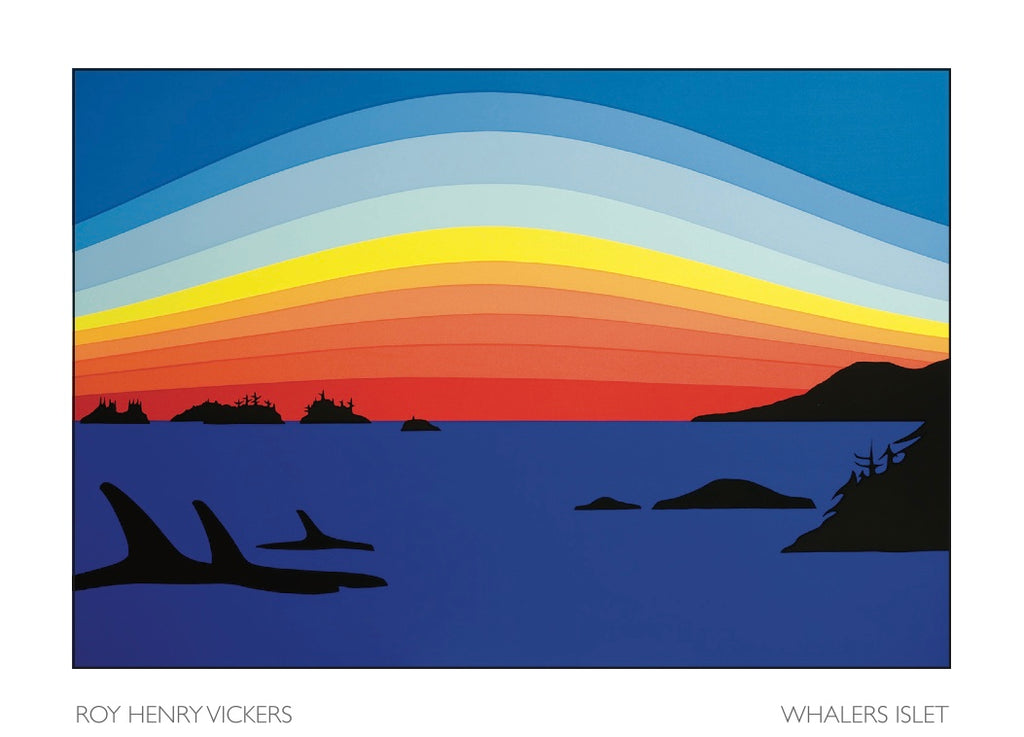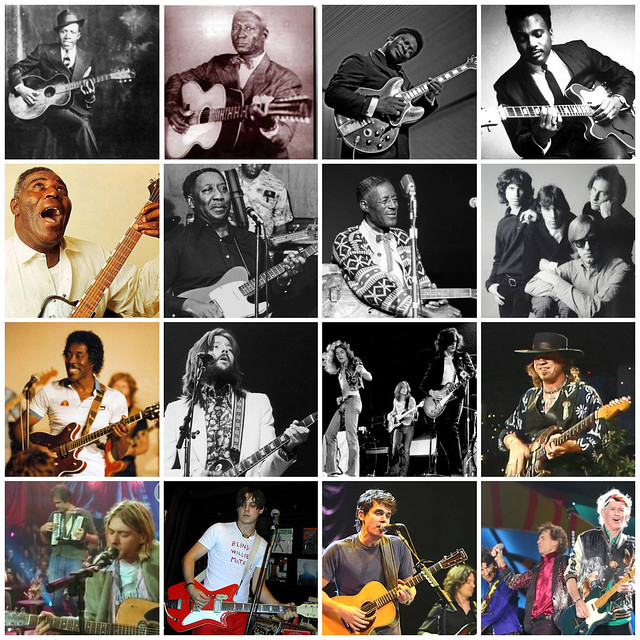Teachers must possess a growth mindset and dare to expand the frontiers of their practice. Below, I share some short- and long-term personal goals anchored in the Professional Standards for BC Educators.
Near-Term Goals (for October-December Practicum):
Adapt to teaching in COVID-19

My life experience and educational trajectory to this point has prepared me well for the classroom. However, nobody predicted or prepared for the coronavirus pandemic. This fall represents an unprecedented challenge for everyone within our school communities. The strict protocols, rapid-fire adjustments and heightened anxieties represent significant barriers to meaningful learning. As such, my primary goal for my upcoming practicum is to adapt and deliver the best possible experience I can to my learners amidst the pandemic. I am trying to frame this as an incredible learning opportunity and a lesson in resilience. Specifically, I wish to achieve the following things:
- Respect the central importance of relationships. In a time that disrupts our normal social interactions, I am committed to fostering community within and around my classroom. Creating a thriving class community will test my ability to adopt the perspectives of many stakeholders – students, parents, colleagues – and model compassion, leadership and gratitude.
- Successfully perform curricular ‘triage.’ The health protocols will affect the instructional time we have to teach the curriculum. Therefore, I must consult my mentor teacher and use my judgment as a subject expert to distill course content to its essentials.
- Consider the unique ways that the coronavirus protocols impact teaching and learning. I must be diligent in imagining the barriers and demands of my lessons so that the widest array of learners are able to meaningfully participate and thrive. Success in this realm will test my creativity and ability to apply Universal Design for Learning principles in novel conditions.
- Creating rituals and practices in the class that promote wellness during this time, including mindfulness activities and opportunities for self-expression
Pilot my Skill Streams method of assessment in a mini-unit of my practicum

A pedagogy pet-project I’ve been working on for some time is the idea of using Skill Streams in student assessment (details in the Tools section of this portfolio). To get some data on how it will work, the pros/cons and to tweak it for future use, I would like to pilot a small version of it during practicum and receive feedback from my mentor and learners. Briefly put, this system involves identifying 5-6 key competencies (e.g. fluency with the scientific method) for each subject and evaluating students in these streams. My ideal would be to weave these streams into teaching, practice and assessment by the use of explicit icons/symbols to show students precisely what stream is being evaluated at each moment. Some features of the system include:
- the definition of proficient will be co-defined by students and I at the beginning of term. This activates students’ metacognition and invites their voice to the table
- skill scores will be framed with the 4 point Proficiency Scale being used in BC which is growth-oriented and relatively simple
- the evaluation practice will blend together my teacher assessment with peer and student assessment.
- reports will include an aggregate total grade, but be further separated to provide each student’s performance in each stream. This gives the students and parents a more nuanced understanding of areas in which they are strong and those requiring improvement. This personalized reporting communicates value and respect for each student as an individual on their learning path, equipped with unique strengths and needs.
Long-Term Goals:
Design a cross-curricular socials+music club or course on History of American Music
I believe a lot in fostering breadth. I think that the best learning occurs when students work in a transdisciplinary fashion and create a meaningful connection where it did not exist before. As such, a long-term goal of mine is to develop a class or school club that studies the history of the Americas through the lens of music created here. I see this class as part music-appreciation, part anthropology, part history. Students will be taught to grasp and discuss the fundamental rudiments of music (rhythm, harmony, instrumentation, text, etc.) and then apply these skills towards an understanding of human activity in our hemisphere. The course would begin pre-contact, with Indigenous musical traditions and trace the music of Indigenous people as a through-line from antiquity to its modern resurgence. Other topics would include the African diaspora, Jazz, Blues, Rock, Folk, Dance Music, Rap and Contemporary Artists. In lieu of a chronological presentation, the course may be arranged thematically to facilitate connections made across time and space. Some key features include:
- building a culture in the class where we identify “Our Music” – the music that resonates with this unique assemblage of people. This will culminate in sharing, critical-listening activities and the creation of collaborative playlists centred around themes of importance. This way, students can understand that they are an active participant in this music tradition
- inviting students to engage in inquiry-based learning, honing in on a topic of their own interest and presenting their understanding in the medium of their choosing
- fostering an appreciation of sound art as something greater than a hobby – it is a language, a political force and a potent promoter of social cohesion
- encouraging students to think beyond rigid subjects and consider the valuable insights that lie at the intersection of different disciplines
Foster meaningful relationships between my class community and my local First Nation
Educators are at the forefront of our nation’s efforts at meaningful reconciliation. Admittedly, I look at Canada’s highest leadership and am frustrated to see inaction and empty rhetoric. However, my disappointment is allayed by the attitudes that I see in schools. I have witnessed young people perform earnest territory acknowledgements, act in solidarity with Indigenous land-defenders and study Indigenous culture with interest and respect. Furthermore, I have seen teachers employ Indigenous methodologies and ways-of-knowing including sharing ancestry, community circles and teachings about the land and history from outside the colonial lens. These observations stand in stark contrast to the underrepresentation of Indigenous content and methods in my high school experience just over ten years ago. I am heartened by this and firmly wish to encourage reciprocal relationships between my school community and the local First Nation in which I serve. My learning has taught me to consider the following:
- in his powerful keynote at WestCAST 2020, Chris Scribe (Assiniboine/Cree) insisted that we take time to know our community’s knowledge keepers. Once we have established links with them, we should invite them to share with our class and give them the deference, respect and compensation we would give any professional educator
- there is space for Indigenous knowledge and methods in any class. One can go beyond simply teaching ‘content’ about Indigenous history, ethnobotany, etc.. By employing principles of Indigenous cultural practice into our educational customs, we elevate our classroom and take steps towards undoing historical erasure.
- when you Indigenize your curriculum you improve outcomes for the ~10% of BC students who identify as Indigenous. Providing representation for these young people is critical to encouraging feelings of connection, resilience and visibility.
- I must be willing to try and fail. I cannot let my own anxiety as an uninvited settler impede me from taking that risk for my students. I can act as a model for my students, and learn alongside them.
Next: Tools of My Trade

